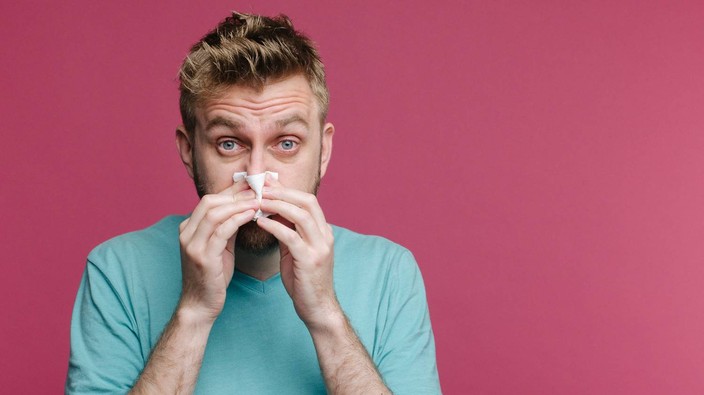in australia, the median age of children with rsv was 18.4 months — significantly older than 7.3 and 12.4, the previous years’ numbers.
“this could suggest that infants who were not exposed to rsv in their first year did not develop sufficient immunity, such that they remained susceptible into their second year,” the cmaj letter said.
but lavoie stressed that this isn’t a significant problem for the majority of young children: “for most healthy-term babies, it’s just a cold for them,” he said. it’s most worrying for babies born very prematurely, or with heart or lung conditions.
how to avoid a cold the advice for
strengthening our immune systems is all pretty standars, basic stuff: get enough exercise, eat nutritious foods, don’t smoke, don’t drink too much.
similarly, the exact same things we’ve been doing to avoid transmission of covid are helpful against colds: thorough hand-washing, sneezing or coughing into the elbow rather than the hand, no sharing of food or drinks, wearing masks while indoors.
“do the things we tell fifth graders: wash your hands, cover your sneeze, get rest, all those things,” allison agwu, an infectious disease specialist at johns hopkins children’s center, told the new york times. “and do your best to get vaccinated against the things you can. get your covid vaccine so you’re less paranoid when you get a cold.”
share story
share this story
sneezy summer? why some of us are getting colds
 3 minute read
3 minute read








